News
NEWS | Innovation for Life
Prestige Biopharma Obtains a Patent in Korea for Its Novel Antibody ‘PBP1710’ for Solid Cancer Treatment
SINGAPORE, January 10, 2023 – Prestige Biopharma Limited, a Singapore-based biopharmaceutical company specializing in antibody drug development, announced that the company has obtained a patent in Korea for ‘Novel CTHRC1-specific antibodies and the use thereof’ (PBP1710) designed by its Innovative Discovery Centre (IDC) to treat solid cancer including pancreatic cancer.
Solid tumors including pancreatic cancer, express abnormally high levels of CTHRC1 (collagen triple helix repeat containing 1), a protein that facilitates cancer cell migration and growth. PBP1710 specifically binds to CTHRC1 and exerts anti-metastasis and anti-tumor growth effects.
According to IDC, PBP1710 has shown remarkable research results on a cellular level, reducing cancer cell migration and invasion by approximately 45% in solid cancer such as pancreatic cancer, ovarian cancer, breast cancer and colorectal cancer. In addition, animal testing has shown PBP1710’ effect to inhibit cancer cell proliferation is equivalent to that of current primary cancer treatment in the market.
A source from Prestige Biopharma stated: “This patent registration is significant in that we are preoccupying the technological advantage on the anti-CTHRC1 antibodies that can be used as a wide range of solid cancer treatments. Considering that CTHRC1 is highly distributed in many different types of cancer, the successful development of PBP1710 as a next-generation antibody drug is expected to greatly contribute to the improvement of cancer patient treatment and survival, particularly in combination with other cancer treatments.”
PBP1710 is currently under review for patent registration in 21 other countries and regions including the US, Europe, Japan, and China. Meanwhile, Prestige Biopharma’s first-in-class antibody pipeline for includes PBP1710 (Anti-CTHRC1) and PBP1510 (Anti-PAUF) for pancreatic cancer treatment which is currently in phase 1/2a clinical trial.



